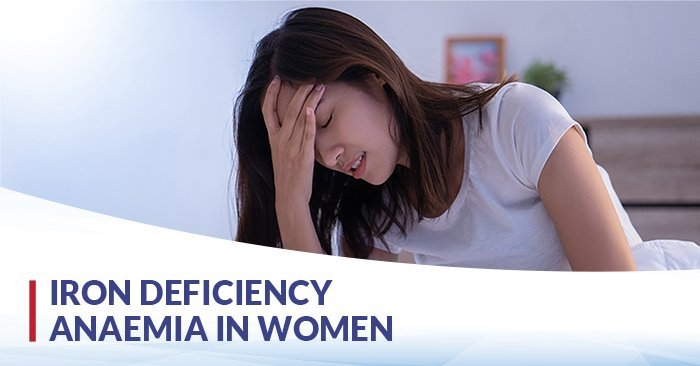
Causes of Iron Deficiency Anemia in Women
Symptoms of Iron Deficiency Anemia
Management of Iron Deficiency Anemia
FAQ
What are the common symptoms of iron deficiency anemia in women?
Common symptoms include fatigue, weakness, pale skin and nail beds, shortness of breath, headaches, dizziness, and cold hands and feet. However, symptoms can vary in severity and may be influenced by individual factors such as age and overall health.
How is iron deficiency anemia diagnosed in women?
Iron deficiency anemia is typically diagnosed through blood tests that measure hemoglobin levels, hematocrit, serum ferritin, and other markers of iron status. Additionally, a healthcare provider may conduct a physical examination and inquire about symptoms and medical history to confirm the diagnosis.
What are the primary causes of iron deficiency anemia in women?
The main causes include menstrual blood loss, inadequate dietary intake of iron-rich foods, gastrointestinal disorders that affect iron absorption (such as celiac disease or gastrointestinal bleeding), pregnancy-related iron demands, and chronic blood loss from conditions like uterine fibroids.
CONSULTATION HOURS
Monday to Friday : 4.30 pm to 10 pm
Saturday: 2 pm to 5 pm
info@drsrikanth.org.in
Phone Number
+91 72001 65148
+91 93447 46686


